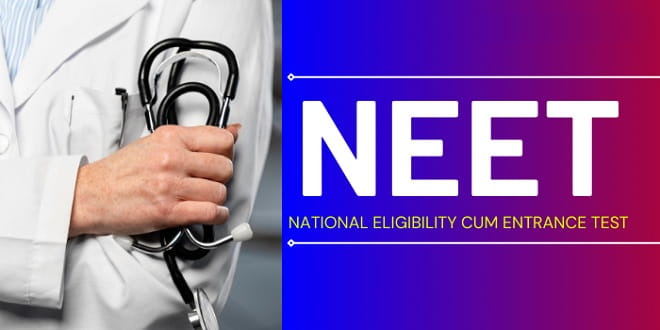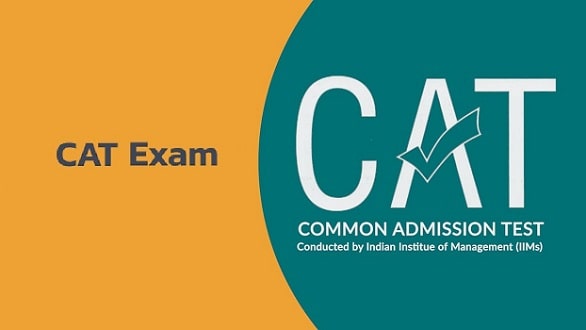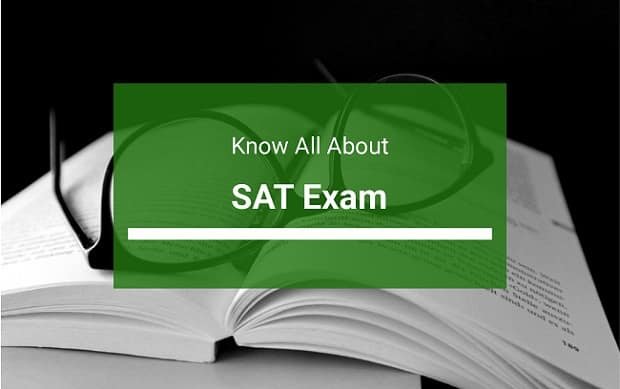Examinations have been crucial to assessing students’ understanding and application of course content. Traditional closed-book examinations have forced pupils to depend on their memory and knowledge for years. In recent years, open book exams have gained popularity as an alternate evaluation approach. Open-book examinations allow students to use textbooks, notes, and other resources while being assessed.
This change in testing procedure offers pros and cons worth considering. Open book exams are known for encouraging critical thinking, relieving memorizing strain, and accurately assessing students’ problem-solving skills. They simulate real-life situations where people use reference materials to make choices or solve complicated issues, making the evaluation process more applicable. Open book tests also lessen test anxiety, encourage comprehension over memorizing, and foster ingenuity.
Advantages of Open Book Examinations:
Encourages Critical Thinking:
Open book exams promote critical thinking, which is a major benefit. Students must think, evaluate, and apply their knowledge to answer challenging problems on these tests. Open-book tests encourage higher-order thinking, unlike closed-book exams, which might emphasize memorization. They must recollect data and comprehend underlying ideas and principles. This deepens and enriches learning, creating a more complete education.
Reduces Memorization Pressure:
Traditional closed-book examinations put a lot of pressure on students to remember. This concentration on rote memory may lead to surface-level learning, when children remember things without comprehending them. This memorizing burden is reduced by open book tests. Students should concentrate on grasping ideas and principles rather than memorizing material. This change in attention enhances true and meaningful learning. Students might get a deeper understanding of the topic by exploring it rather of just repeating information.
Realistic Assessment:
Open-book examinations simulate real-life situations. People have reference resources for challenges and choices in professional and personal settings. Open book examinations acknowledge this by letting students maximize resource utilization. They test a student’s ability to use reference resources to solve complicated issues or answer difficult questions. Authentic evaluation equips pupils for future academic and professional circumstances.
Promotes Resourcefulness:
Resourcefulness is useful in life after school. Open book examinations encourage resourcefulness since students must quickly find and extract important knowledge from reference books. Academic and professional environments need fast research and information retrieval, therefore this skill development is vital. Open book exams teach kids resourcefulness that lasts beyond school.
Reduces Test Anxiety:
Many kids struggle with test anxiety. Anxiety over closed-book examinations might hamper a student’s ability to demonstrate their knowledge and skills. Open book examinations provide pupils a reference base to reduce test anxiety. Knowing they can get these resources may enhance pupils’ confidence and lessen testing stress. Thus, children may perform better and more precisely, demonstrating their understanding.
Assessment of Problem-Solving Skills:
Open book examinations often include hard problem-solving problems to test students’ real-world skills. This helps in fields like engineering, medicine, and law, where practical knowledge is crucial. Open book examinations assess students’ theoretical knowledge and problem-solving ability. Practical assessment is ideal for fields where real-world application is crucial to academic and professional success.
Disadvantages of Open Book Examinations:
Overreliance on References:
The potential of pupils overusing reference resources is a major worry with open book examinations. Students should utilize these tools to support their learning, but some may overuse them. Overreliance may take several forms:
Excessive Time Consumption
Students may spend too much time searching their reference resources. This prolonged searching may prevent them from finishing the test on time.
Lack of Deep Understanding
Reference overload may lead to a shallow knowledge. Students may prioritize finding solutions above understanding the ideas and principles.
Students must balance utilizing reference resources and showing their comprehension to overcome this issue. An informed student may use references to enhance their answers rather of depending on them.
Time Management Challenges:
Effective time management is key in open book examinations. Student time must be divided between answering questions and using reference resources. Mismanagement of time may cause several problems:
Incomplete Responses
Poor time management may lead to incomplete or hasty replies. Students must rank questions and spend time depending on difficulty and point worth.
Stress and Pressure
Mismanaged time may raise exam stress and anxiety, affecting performance and experience.
To improve time management, students can practice answering questions under timed settings before the test. Setting time restrictions for each inquiry helps frame the approach.
Difficulty in Assessing Recall:
Since students may easily find data and formulae in reference books, open book examinations may not accurately test memory. Memorization-intensive topics suffer from this. Student recall of core knowledge might be difficult to assess since they may search up material they should remember.
To overcome this, open book test instructors may include a variety of question styles. Recall, application, analysis, and synthesis questions are possible. This multifaceted technique offers a more complete assessment of student skills.
Potential for Cheating:
Open book examinations are meant to be done freely, however cheating is possible, especially online. Peer collaboration or using unapproved resources during the test may compromise its integrity. Texting answers, visiting forbidden websites, or using illegal reference materials are all instances of cheating.
Schools must use strong proctoring and monitoring for online open book examinations to avoid cheating. Students should also be given explicit standards and codes of conduct to highlight ethical behavior during exams.
Complex Grading:
Grading open-book examinations is more complicated than closed-book exams. Assessors must determine whether a student’s responses are genuine or duplicated from reference sources. Each answer must be carefully assessed due to this grading complexity.
Clear rubrics and standards for open book examinations help teachers grade. These criteria may help assessors distinguish between responses that show a thorough comprehension of the topic and those that overuse references.
Limited Coverage:
Open book tests may not cover everything in the course. Assuming students may consult their resources, certain issues may be downplayed or eliminated. Since the test may not cover the complete topic, it may misjudge a student’s knowledge.
Instructors should plan and balance material coverage in open book examinations to address this problem. Questions should cover essential ideas and a fair sampling of course content. Limited coverage may be addressed with careful planning and question selection.
Inequality in Resources:
Depending on resources and preparedness, students may have differential reference material availability. This may cause student inequity, giving some an edge. Textbooks, notes, internet access, and reference material quality contribute to resource discrepancies.
Educational institutions should provide standardized reference materials or equitable access to vital resources to ensure fairness and equality in open book examinations. Instructors should also stress the necessity of utilizing approved reference materials and avoid forcing students to use personal or external resources.
Conclusion:
Students’ knowledge and abilities are assessed differently with open book exams. Critical thinking, inventiveness, and less memorizing pressure are promoted. However, overreliance on references, time management concerns, and cheating are issues.
Students must study well, manage their time, and utilize reference resources carefully to pass open book examinations. To accurately evaluate skills and knowledge, educators must carefully construct open book examinations. The course or program’s learning objectives and evaluation goals determine the decision between open book and closed book examinations.

Rahul Kumar is a passionate educator, writer, and subject matter expert in the field of education and professional development. As an author on CoursesXpert, Rahul Kumar’s articles cover a wide range of topics, from various courses, educational and career guidance.




